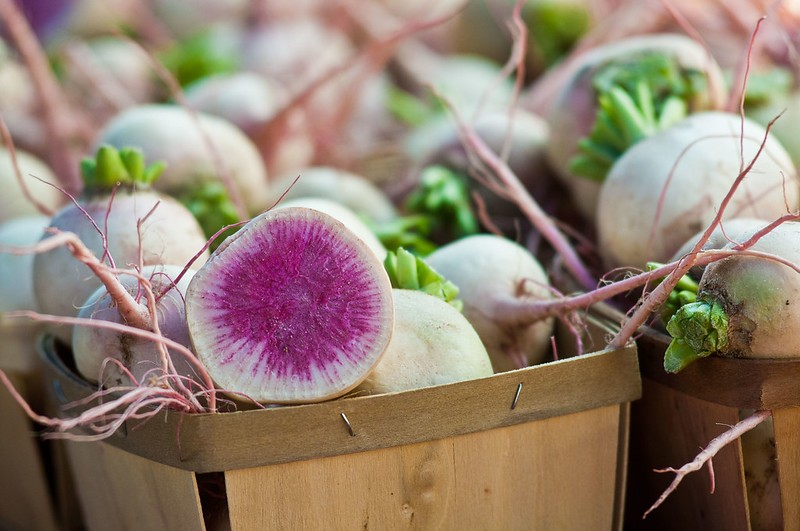
The pandemic has brought about a positive outcome in terms of reducing food waste. UK Research and Innovation (UKRI) quotes that self-reported levels of food waste in the UK fell by 34% in the first lockdown. This is the sharpest fall on record.We have witnessed considerable changes during 2020, most notably behavior changes when it comes to how often we shop, trying out new ways of cooking and creating meals, and also storing food. Researchers are especially interested to discover the impact of our emotions on wasting food.With this in mind, we asked our team what new sustainable behaviors they have developed during the last year to reduce food waste.How have your personal goals changed for purchasing and consuming food during the pandemic?
- Support companies that use food waste as ingredients. Some examples:
- Rubies in the Rubble – condiments made from surplus food.
- Toast Ale – a pale ale made with surplus bread.
- Spare snacks – air-dried crisps made with wonky fruit and veg.
- Cut down on supermarket packaging and shop at local outdoor markets or opt for a boxed subscription service such as:
- Oddbox – we love their zero-waste recipes which comes in the box
- Sutton Community Farm – a community-owned farm.
- Abel & Cole
- Kentish Town Veg Box
- Don’t over-purchase when you head out for your local shop. Plan meals carefully and stick to the list. In the same vein, bear portion sizes in mind when cooking in order to cut down on leftovers.
- Understand food labels. Best-before and use-by dates can be confusing. If it’s possible stick food in the freezer before it goes off (use-by date). Make sure to organise your fridge and rotate food regularly, using the older ones first. Best-before dates are about quality, not safety. Tinned food may start to lose its flavour after that date, but the food will not be harmful.
- Use and (re-use) everything. Some recent new-found waste-not-want-not ideas include:
- Making pickles (red onion, lemon, cucumber, peppers)
- Making jam with leftover fruit
- Using a roast chicken carcass to make chicken stock
- Adding fruit peels to our daily water bottle
- Juicing leftover fruits and veg for fresh smoothies or freezing these to use in sauces later, especially beets and kale
- Saving seeds. Simply toast and store pumpkin seeds for a healthy snack during the day.
- Rescuing herbs hat are wilting by chopping and freezing them in ice cubes. Pop them out as and when you need them in your cooking.
- Treat yourself with these beauty hacks, courtesy of leftover food
- a lemon peel nail rub,
- an avocado peel for a quick face mask,
- cucumber slices to revitalise the eyes,
- banana peels as a day cream,
- used tea bags for puffy eyes
- an oatmeal and honey face mask
- Join a local app to rescue food that will otherwise go to waste.
- Olio
- Too Good To Go
- Invest in a counter-top compost bin. This will prevent food scraps from going to landfill that produces methane gas, which is 25 times stronger than carbon dioxide. The landfill also produces excess water, it wastes energy, money, land, and labour. Not forgetting all the love and care that went into producing the food in the first instance.
- Instead, use the compost for plants or herb boxes
- Coffee grounds can be used as an alternative fertiliser.




























